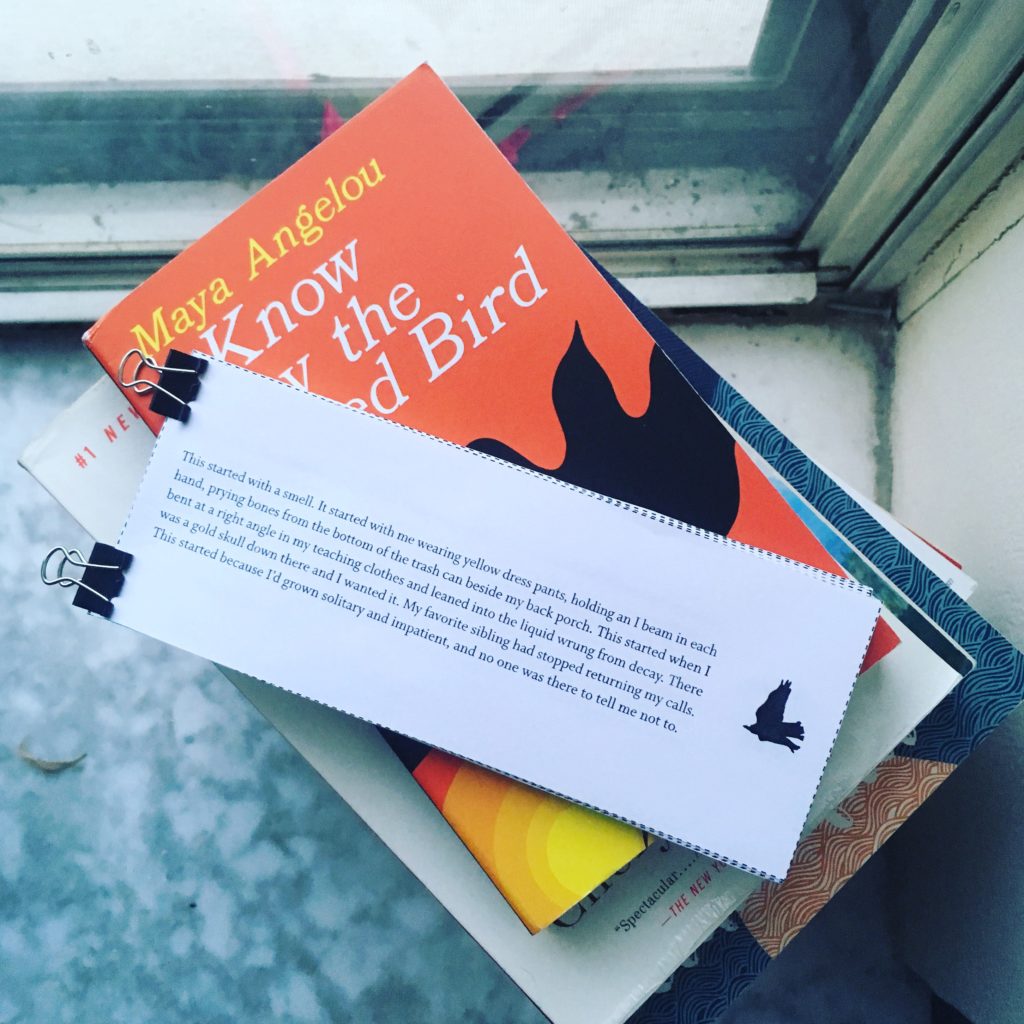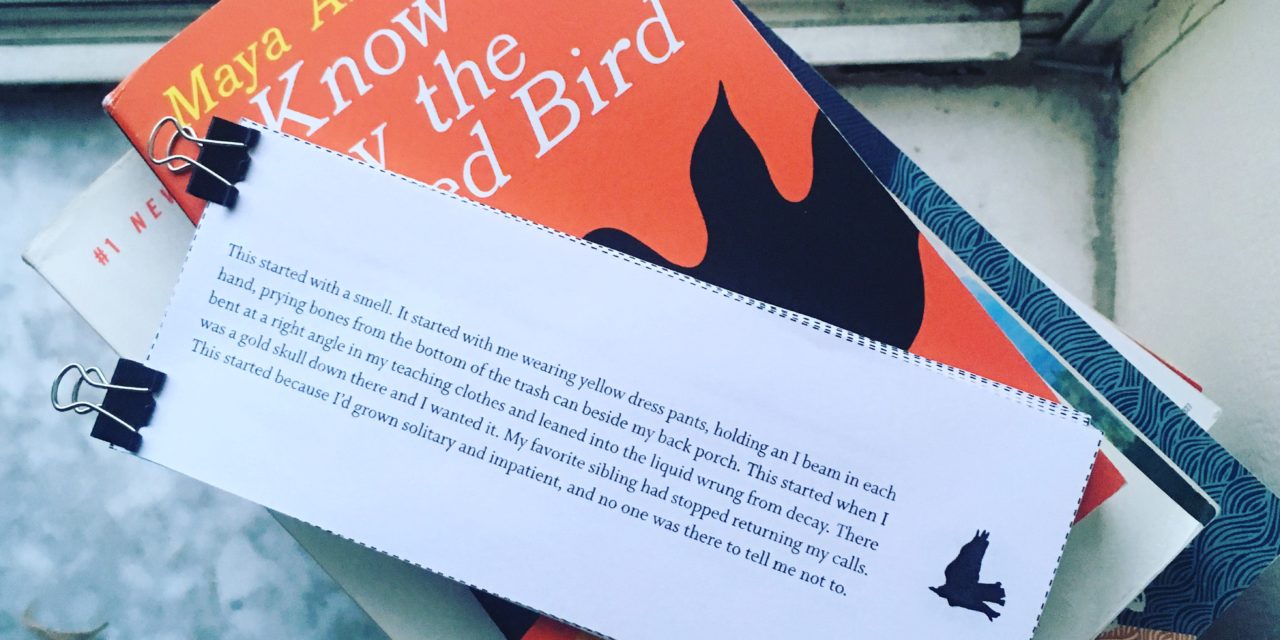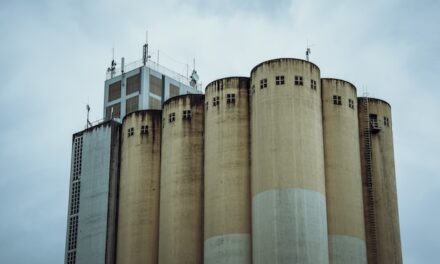
Assistant Editor Jess Jelsma Masterton: In Issue 15.2, Sarah Minor’s lyric essay “The Crow in Effigy: A Flip-Book” uses form to tackle a complex family history. The fragmented structure of the flip-book echoes the narrator’s experience of life events. As the reader flips through the narrative, they take a journey that winds through both memoir and researched essay—the personal and biological, memory and fact. The reader must intuit the thematic connection between the crows, an asylum, and family medical history.
But why choose a flip-book and not, say, the traditional page breaks of a lyric essay? As a PhD candidate specializing in documentation in fiction and memoir, I’ve come to believe that unique forms and structures must justify themselves in some way. Form should amplify rather than overshadow content. By the end of a piece, the form, like the essay’s ending, should feel both surprising and, in hindsight, inevitable. The design should help the reader better understand a story that couldn’t quite be told any other mode.
In this case, the flip-book adds to the content in several different ways. First, the reader must engage with the form off the page, to assemble the physical object. There are the acts of cutting and stapling, not to mention the literal flipping through of the finished essay. The nature of the form encourages the content to be consumed both in one fell swoop and in a slow read through each lyric passage. A quick flip shows a crow taking flight. A slow flip shows a stuttered departure, almost as though the crow, like the reader, must find its way through the fragmented narrative.
You can check out a video of “The Crow in Effigy: A Flip-Book” on our Instagram.
Interested in reading more recent essays written in nontraditional forms? We recommend:
- “Ask the Depot Commander” by Cris Mazza in Diagram 18.6 (historical documents)
- “Surnames” by Mark Keats in the Florida Review’s Aquifier (audio and family documents)
- “Desire Lines” by Dina L. Relles in Hobart (see for yourself!)
To read the rest of Sarah’s essay, you can order Issue 15.2 in both print and digital forms, in our online store.











